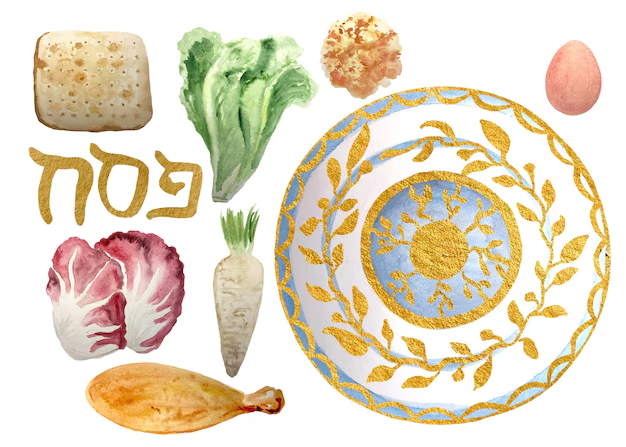The Importance of Kosher Certification: A Mark of Quality and Trust
In an increasingly conscious food market, consumers are more selective than ever about the products they buy. One of the most trusted symbols that appears on many food items is kosher certification. While originally tied to Jewish dietary laws, kosher certification is now widely recognized as a symbol of quality, safety, and ethical practices in food production. In this blog, we’ll explore what kosher certification is, why it matters, and how it benefits both consumers and businesses.
What is Kosher Certification?
Kosher certification ensures that a food product complies with kashrut, the dietary laws observed by Jewish communities. These laws dictate a variety of rules, such as the prohibition of mixing meat and dairy, the avoidance of certain animals (like pigs and shellfish), and the requirement for specific slaughtering practices. The certification process guarantees that all ingredients, manufacturing methods, and equipment used in producing the food adhere to these strict guidelines.
To gain certification, a company must undergo an inspection by a certified kosher authority. This inspection ensures that the production process meets the high standards of kashrut, and once approved, the product is labeled with a kosher symbol, known as a hechsher. This symbol reassures consumers that the product is safe, ethical, and compliant with kosher laws.
Why Kosher Certification Matters
For Consumers:
For Jewish consumers, kosher certification is essential for maintaining adherence to religious dietary laws. However, the benefits of kosher certification extend beyond just religious observance. Many non-Jewish consumers also choose kosher-certified products because they associate the certification with higher standards of quality, safety, and hygiene. The certification process is thorough and includes regular inspections, which offer consumers confidence in the products they purchase.
Kosher-certified foods are also considered by many to be cleaner and free from harmful additives. The emphasis on proper food handling and sourcing makes kosher products attractive to health-conscious consumers who prioritize the purity of their food.
For Businesses:
For businesses, kosher certification opens up access to a broader market. While it’s most popular among Jewish consumers, kosher products are increasingly popular among those who appreciate ethical production practices or simply trust the rigorous certification process. Companies with kosher certification are seen as more transparent and dedicated to quality, which can enhance their reputation.
Moreover, kosher certification allows businesses to expand internationally. Many countries, particularly in Europe and the Americas, have sizable Jewish populations, and kosher food products are often in high demand. By obtaining certification, businesses can tap into these markets and grow their reach.
The Kosher Certification Process
Obtaining kosher certification requires an application to a recognized certifying agency, such as the Orthodox Union (OU) or OK Kosher. The agency conducts a detailed inspection of the production process, ingredients, and facilities to ensure compliance with kosher laws. If everything meets the standards, the product is granted certification and can display the kosher symbol on its packaging.
The process doesn’t stop there. Ongoing inspections ensure that the product continues to meet kosher standards, providing consumers with confidence that they are consistently getting high-quality, ethically produced food.
Conclusion
Kosher certification is much more than a religious label; it is a trusted sign of quality, ethical sourcing, and safe food production. For consumers, it ensures that products meet high standards of cleanliness and ethical practices. For businesses, it opens up new market opportunities and enhances brand reputation. As demand for kosher products continues to rise, both consumers and businesses benefit from the transparency and trust that come with kosher certification. Whether you’re looking to ensure your food meets religious standards or simply prefer higher quality products, understanding kosher certification is key to making informed choices.



.jpg)
Comments
Post a Comment